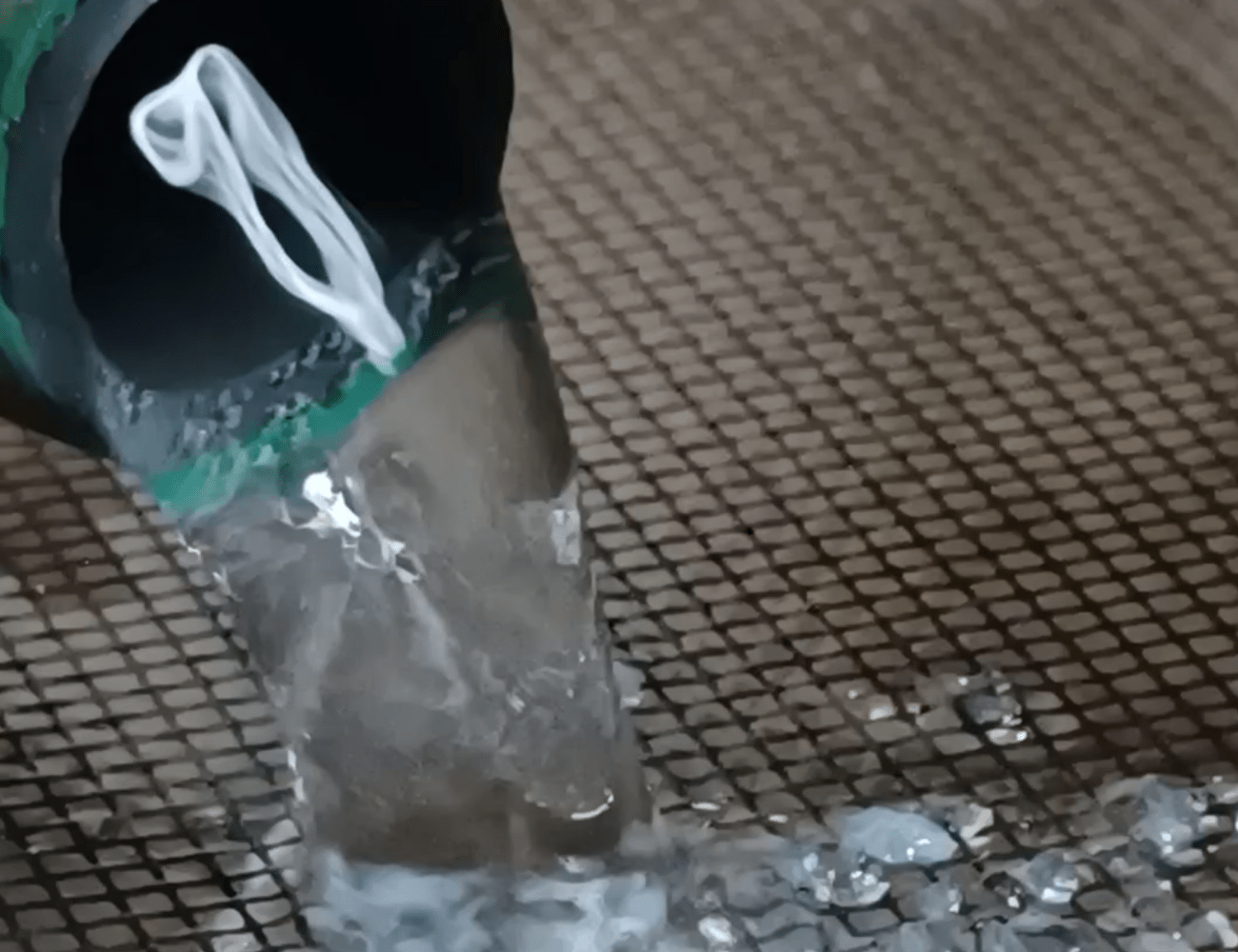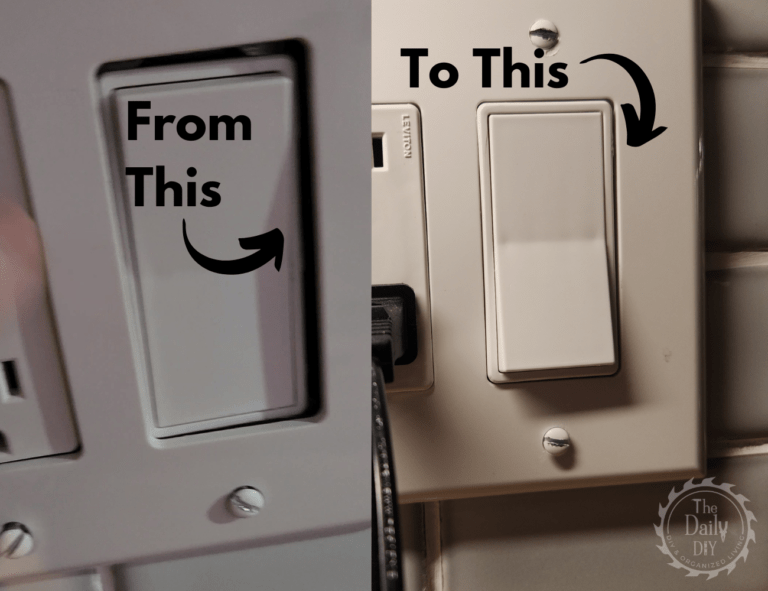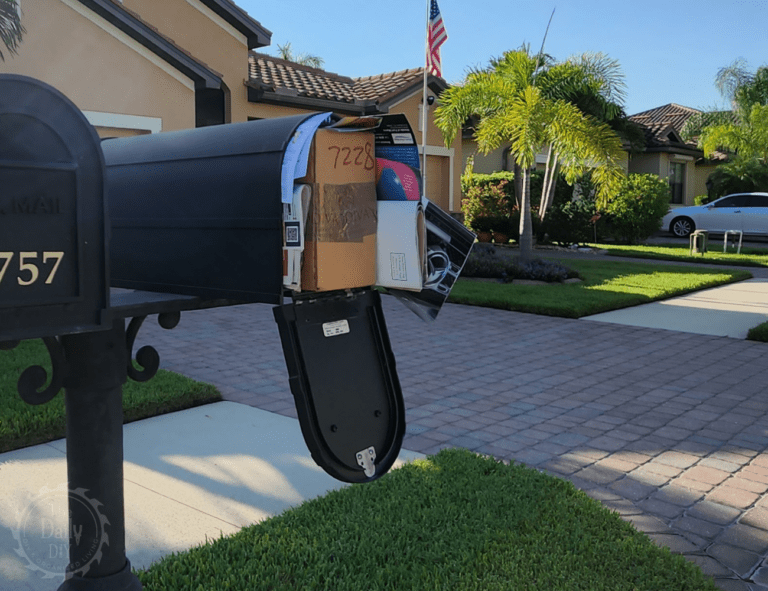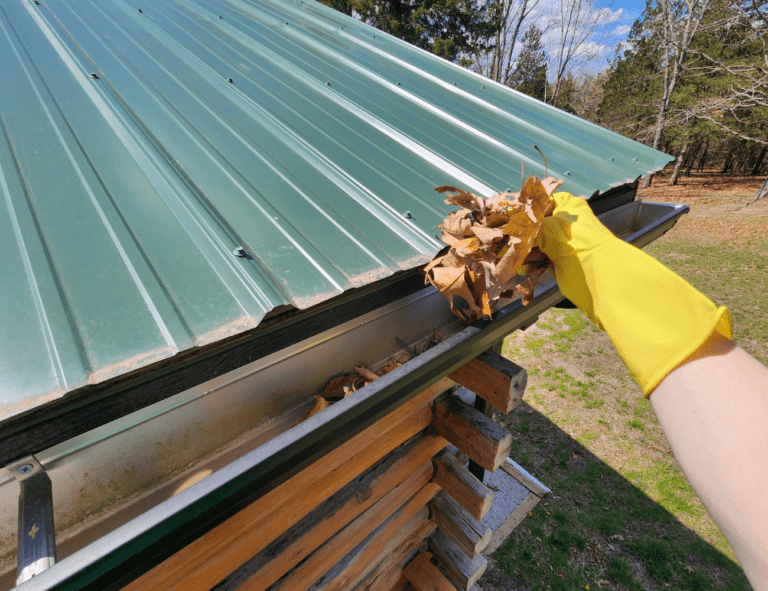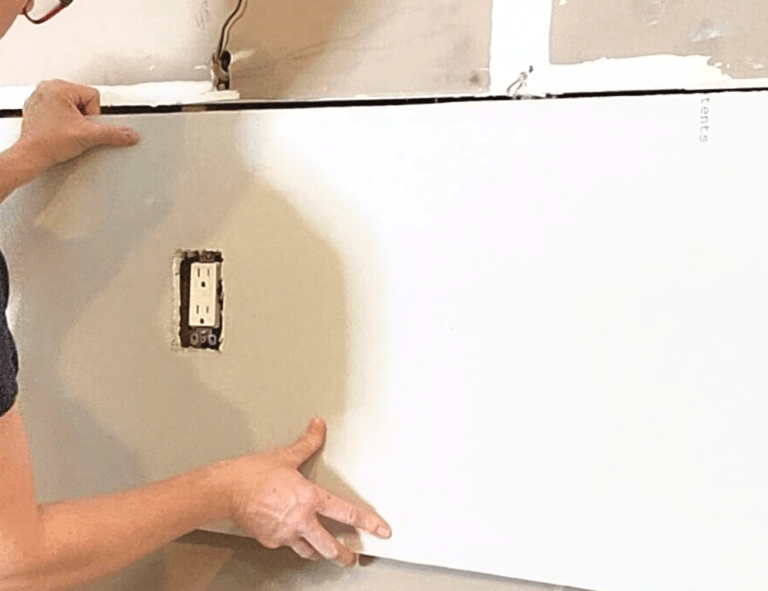How To Drain Your Water Heater
According to most water heater’s owners manuals, it is recommended that you drain your water heater every 6-12 months. But why does that matter? And what all does that involve? Let’s take a look at why, and how to drain your water heater
Why Should You Drain Your Water Heater?
Draining your tank every 6-12 months helps to maintain it’s efficiency by removing the sediment particles that settle on the bottom. Sediment is made up of minerals and particles that come from your water supply. Those minerals and particles settle and fall to the bottom and can not only clog up your water heater, they can also eat away at the tank. They can build up even more so if you have hard water.
According to BobVila.com, “it’s smart to drain your water heater every year, no matter what type of storage tank water heater you own”.
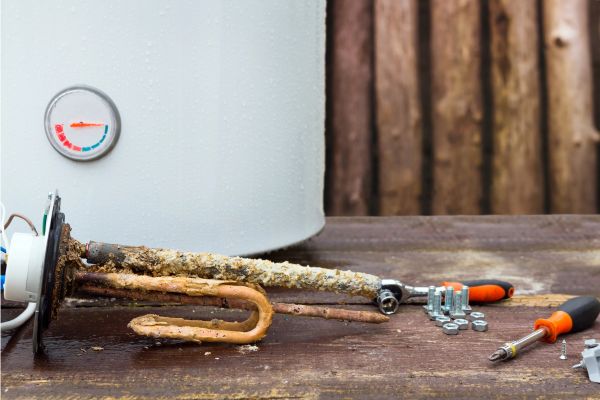
Corrosion can happen over time from the sediment sitting on the bottom and can lead to leaks, which causes major issues. When I bought my first home, I knew nothing about water heater maintenance. Within the first year the water heater leaked. All 40 gallons of hot water came out of the bottom of the tank due to sediment that corroded the inside of the tank. Not only did I have to replace the water heater, but I had to replace a lot of drywall, and have the carpet professionally shampooed, as the water had leaked into the finished part of the basement.
In addition to the problems mentioned above, sediment build up can lead to energy loss. Gas water heaters heat from the bottom up, so when sediment is covering the bottom of your tank, it causes your heater to work harder to get through that and heat the water, thus increasing your gas bills.
Here’s our YouTube video if you prefer a visual guide
How Do You Drain Your Water Heater?
Before getting started, it’s always a good idea to know where your home’s main water shutoff valve is located. You shouldn’t need to worry with it, but just in case something were to go wrong it’s always good to be prepared.
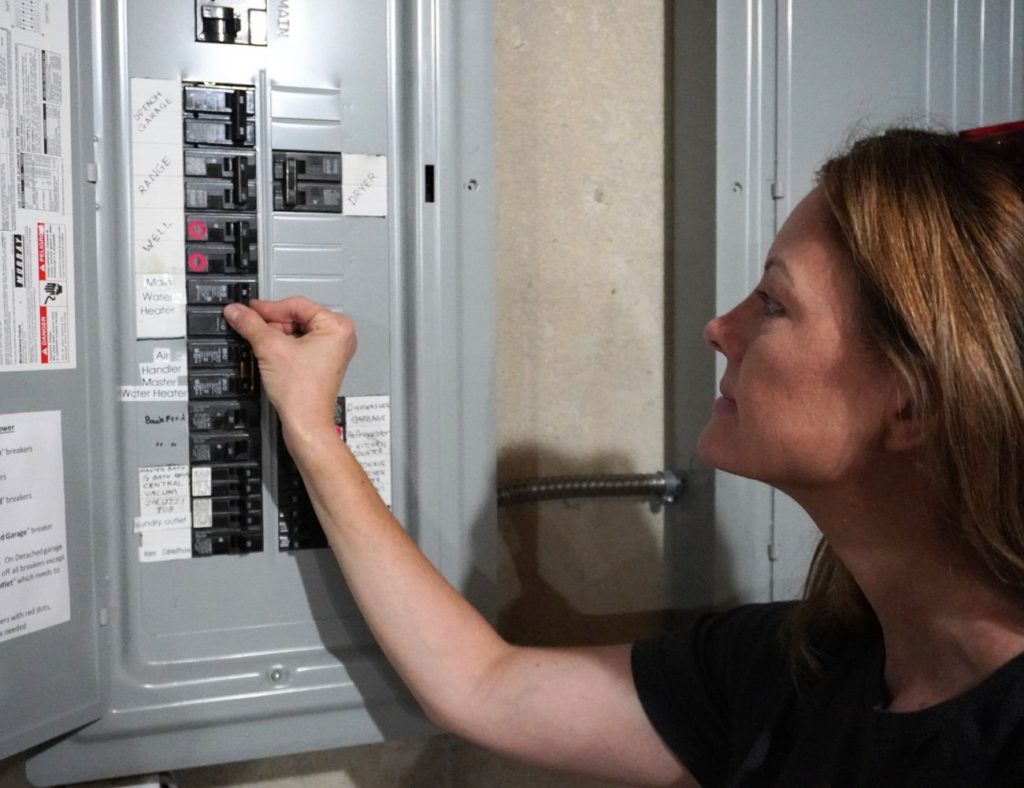
Step 1
For Electric Water Heaters – Turn off the breaker to the unit to kill the power.
For Gas Water Heaters – Locate the switch that controls the gas flow in to the water heater and move it to the “pilot” setting. The pilot light will not actually go out, but the gas flow will be cut off from the water heater.
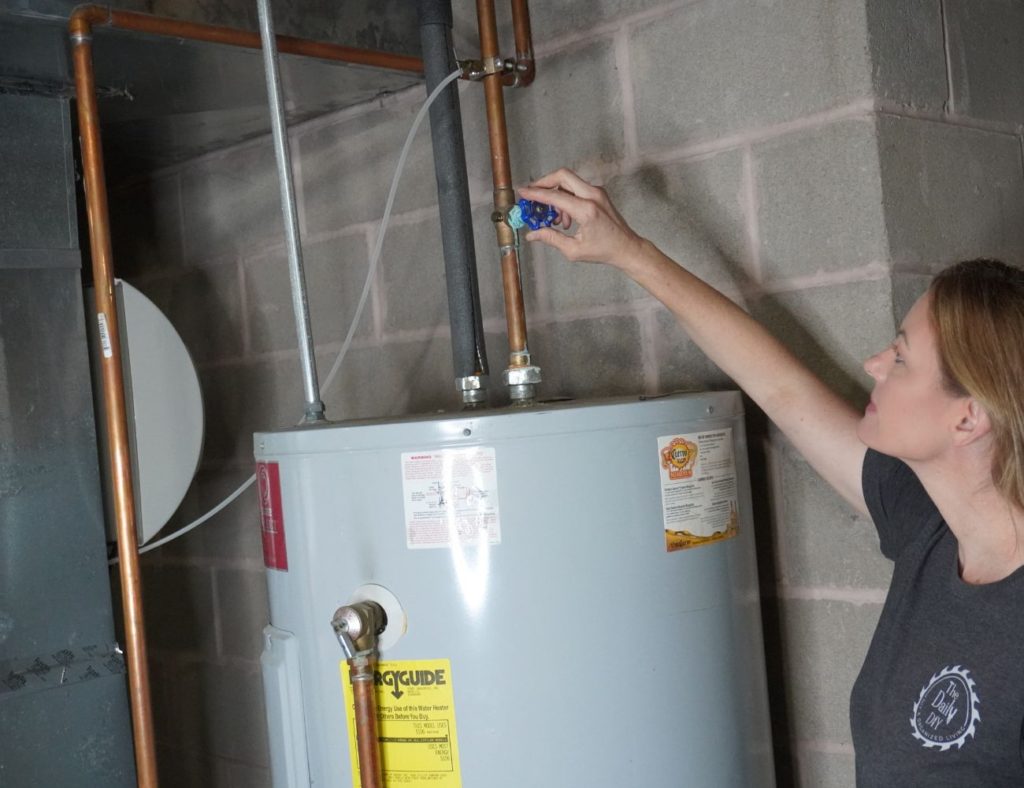
Step 2
Turn off the cold water supply in to the water heater. This is usually located on the right side. Turn the knob or move the switch to shut off the supply.
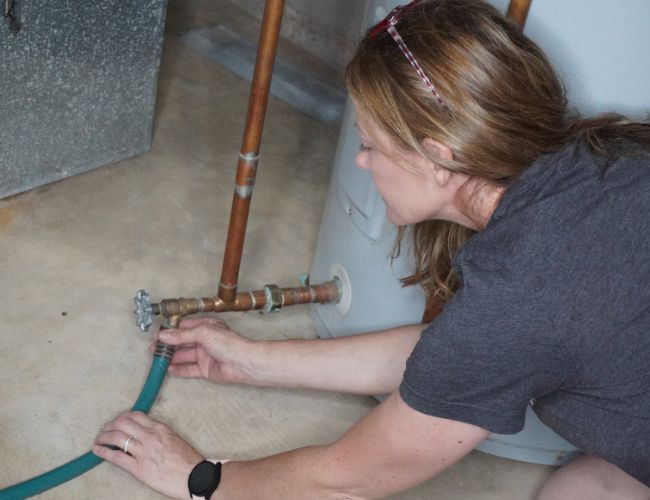
Step 3
Hook up a garden hose to the drain valve located at the bottom of the tank. Run the hose to a drain in the floor or outside. If that is not possible you can run it in to a bucket.
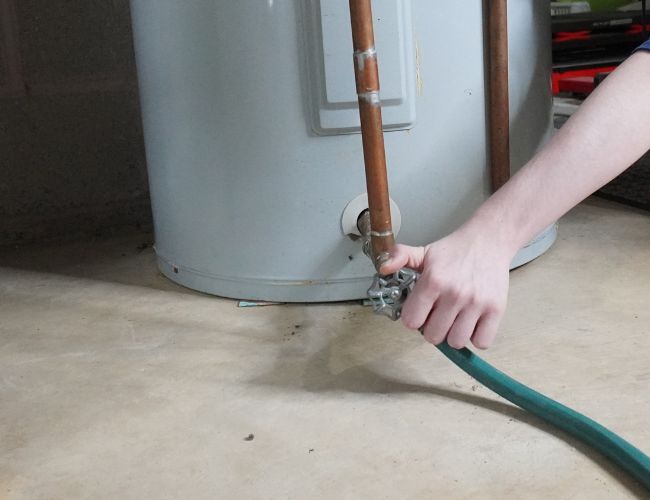
Step 4
Open the drain valve by turning the knob or lever. Make sure you open it all of the way. You most likely can turn it by hand, but some will require a screwdriver.
Step 5
Pull up on the pressure relief valve at the top of the tank to open it, and leave it open.
Step 6
Allow the tank to drain completely. Once the water has drained to a slow trickle, open up the cold water inlet valve and let some water flow in to the tank for a few seconds, then quickly shut it off. Do this a few times to help stir up any sediment that has settled on the bottom.
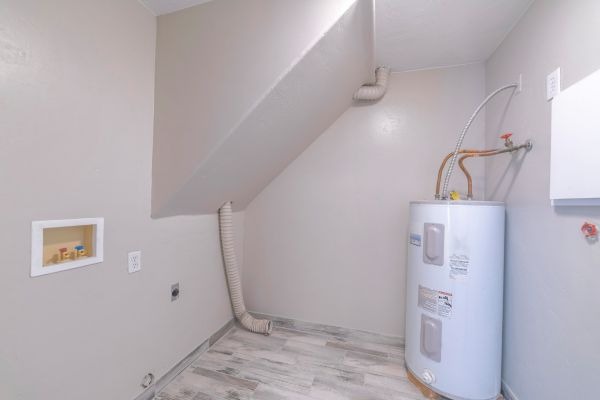
Finishing Up
Once you are all done, close the drain valve, disconnect the garden hose. Close the pressure relief valve, and open the water inlet valve and fill up the tank. Once the tank is full, turn the breaker back on (for electric) or turn the pilot light switch back to “on” (for gas).
Be sure to add this to your annual home maintenance schedule. You can grab your free copy of The Complete Home Maintenance List here.
Reference:
What Would Bob Do? Draining a Water Heater – bobvila.com

